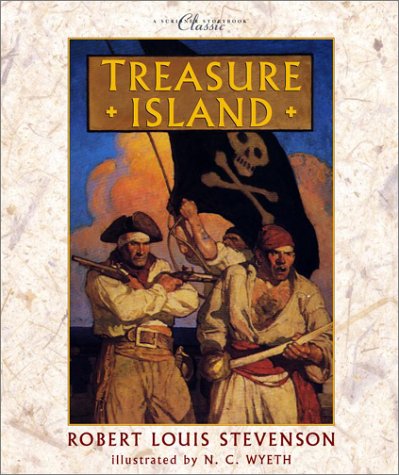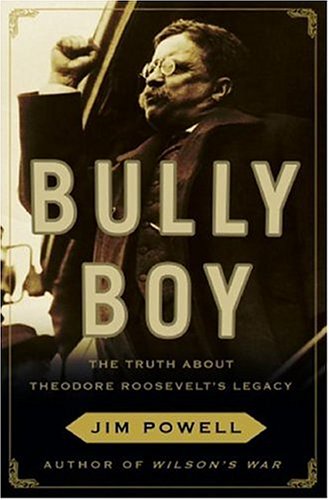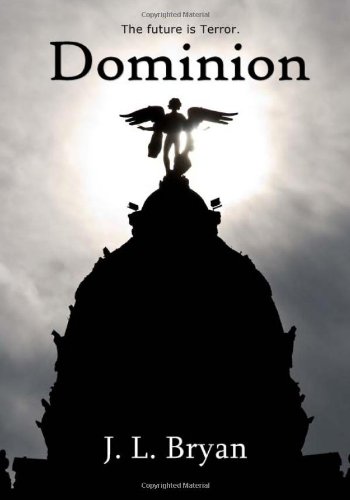Any pundit will tell you the cost of war is paid in “blood and treasure.” Apparently the medieval-sounding combo is more palatable than “death and taxes.” It certainly beats “mindless slaughter of human beings and massive squandering of scarce resources.”
Consider the second term: treasure. Many popular stories, ancient and modern, concern the quest and competition for treasure. Encoded in such stories, intentionally or otherwise, are warnings about the nature of the state.
The word “treasure” might refer to any concentration of wealth, but in our popular stories, treasure plays a more specific role. A pirate’s plunder, an emperor’s vault, or a dragon’s horde of precious metals and jewels are considered treasure. However, if the identical materials are located in a bank, they are referred to as “reserves”; if in a coin store, they are “inventory”; if in a jeweler’s workshop, “raw materials.” Though the objects are the same, their nature is somehow different in the latter situations.
The difference is best explained by Franz Oppenheimer’s distinction between the two ways people can make a living: the economic means and the political means. An economic transaction is a peaceful, voluntary exchange of property between parties, such as buying groceries. A political transaction is coercive — one party takes the other’s property by force. Theft and taxation are examples of the political means.
Private companies have accounting and finance departments; states have treasuries. To fill these treasuries, the Greeks and Romans repeatedly looted the ancient cities of the Middle East to seize millennia of accumulated gold and silver. Later, Rome itself was looted by numerous tribes until it was stripped of this treasure. Viking raids on early Christian churches reduced precious religious art to mere treasure. Conquistadors enslaved and killed countless Native Americans in the search for silver, gold, and the mythical treasure-filled city of El Dorado.
 Treasure Island
Best Price: $1.70
Buy New $10.99
(as of 10:37 UTC - Details)
Treasure Island
Best Price: $1.70
Buy New $10.99
(as of 10:37 UTC - Details)
In popular stories, we see several traits commonly associated with treasure:
1) Treasure is taken by force — and lost again the same way.
In Treasure Island, the pirates have amassed great wealth through plunder and hidden it on an island. The pirates continually betray and murder each other, first to keep the location of the treasure secret, and then out of competition for the treasure. Since no one has any recognizable, legitimate property claim to the stolen property (except the original victims), the question is settled through deception and force. In the absence of clear property rights, competition over resources can easily lead to violence rather than negotiation and division of labor.
2) Treasure is either hoarded or squandered, but not invested into productive use.
The Treasure Island pirates, except for Long John Silver, squander all of their plunder on their vices, and typically die sick and destitute. Since they did not gain their wealth through the economic means, they do not have the self-restraint learned from work, thrift, savings and investment. Like politicians, they spend it all today with no thought for tomorrow.
 Bully Boy: The Truth A...
Best Price: $3.12
Buy New $17.99
(as of 11:10 UTC - Details)
Bully Boy: The Truth A...
Best Price: $3.12
Buy New $17.99
(as of 11:10 UTC - Details)
Treasure may also be hoarded, as with the cache on Treasure Island. The dragon Smaug in The Hobbit hoards his treasure on Lonely Mountain, having stolen both treasure and mountain from the dwarves. The dwarves make their living by the economic means; they are miners and smiths who trade their products with humans for food. The dwarves have a legitimate property claim. Since Smaug does not, he must jealously guard what he has stolen. If someone were to take the treasure, no one else would recognize or defend Smaug’s unjust claim to it, so Smaug must defend it alone, with only his own might.
Like the pirates, the dragon has no interest in using his wealth productively. He only wants to keep it, not invest it. States often hoard wealth this way. Teddy Roosevelt is remembered as a conservationist for nationalizing huge vistas of land in the American West, which would otherwise have been homesteaded. In Bully Boy, Jim Powell writes that “lobbying groups hoped to enrich themselves with . . . free dams, free waterway improvements, cheap water, cheap timber, cheap access to grazing lands, and other goodies, at somebody else’s expense.” Thomas DiLorenzo calls these policies “just another Republican party mercantilist scheme.”
 Pirates of the Caribbe...
Best Price: $0.59
Buy New $2.00
(as of 11:45 UTC - Details)
Pirates of the Caribbe...
Best Price: $0.59
Buy New $2.00
(as of 11:45 UTC - Details)
Today, it seems plausible that the large oil interests themselves would oppose increased oil exploration in American territory — keeping the supply shorter, and thus the price higher. (I suppose it’s possible that Greenpeace really is a more powerful lobby than ExxonMobil, but I wouldn’t bet on it.)
3) Treasure often comes with a curse.
The danger of enchanted treasure in stories serves as a warning against seeking wealth through the political means. In The Hobbit, Bilbo Baggins finds an enchanted ring that allows him to turn invisible — but the One Ring is addictive, as evidenced by Gollum’s obsession, and drive its bearer to madness. In Pirates of the Caribbean, those who possess the cursed treasure become ghostly undead creatures…but they keep the treasure.
Similarly, those who benefit from the state, such as politicians and bureaucrats, must reconcile themselves to the fact that they are paid in money that is coercively taken from others, and that they serve a large war-making machine. Those who depend on the state must bend their consciences and sense of morality to accept this. Ideology can help soothe them, and even make them feel virtuous in their participation in aggression. Failing that, there are the benefits described by “Mr. X,” including high pay, low accountability, long vacations and generous pensions.
 Dominion
Best Price: $10.00
(as of 02:50 UTC - Details)
Dominion
Best Price: $10.00
(as of 02:50 UTC - Details)
4) Desire for treasure can lead people into foolish, reckless, and violent behavior.
The Treasure Island pirates deceive and murder each other over treasure. In the story of Aladdin, the evil sorcerer deceives Aladdin into fetching the magic lamp from the enchanted, treasure-filled cave. King Midas gets his wish that all he touches turns to gold — including, unfortunately, his own daughter (and let’s not forget the ruinous Spanish Empire-style inflation that must have ensued…). In Lord of the Rings, armies clash over possession of the precious ring.
Beginning in January 2001, Dick Cheney and his secretive “Energy Task Force,” representing the major American oil companies, pored over maps of Iraq’s oil fields as intently as pirates studying a treasure map. They were ready to sweep in, plunder, and divide the loot. Nearly a decade later, the war drags on with no end in sight.
5) Only the humble can be trusted with treasure.
 O Brother, Where Art T...
Best Price: $1.42
Buy New $4.95
(as of 06:55 UTC - Details)
O Brother, Where Art T...
Best Price: $1.42
Buy New $4.95
(as of 06:55 UTC - Details)
King Midas’ ambition for easy, unearned wealth leads him to destroy his own child. Aladdin, described as a lazy, unemployed boy without ambition, does no harm with his magic lamp — but he must keep it from the evil sorcerer’s hands. In Lord of the Rings, the ring’s power is corrupting to all. Only the humble, lazy, unambitious hobbit can be entrusted with the ring, and even hobbits are not entirely immune to its power. The only legitimate use of the ring is to destroy it so that no one may have it.
Stories depicting the lure and danger of treasure teach us that it is foolish, dangerous, and morally corrupting to pursue wealth by the political means, yet people are lured again and again.
When private individuals go treasure-hunting, they bear all the risks, costs, and consequences themselves. When states are used as tools of plunder, the profits go to the decision-makers and their allies, the risks fall on the soldiers and the invaded population, and the costs are passed on to taxpayers. From a politician’s viewpoint, it’s always tempting to turn the country into a plundering pirate ship — provided you can find a weak enemy with valuable resources. The political class can profit immensely from such a war, especially if it drags on for years and requires billions of dollars in contracts. They risk only the loss of their souls.
Finally, we discover the connection between blood and treasure. It is blood — coercion and aggression — that transforms private wealth into plunderer’s treasure.
For centuries, the role of treasure in stories has been to warn us against the danger and moral rot of the political means. When it comes to the state, it’s best to heed the warning of Pete Hogwallop from O Brother, Where Art Thou?: “Do not seek the treasure!”





